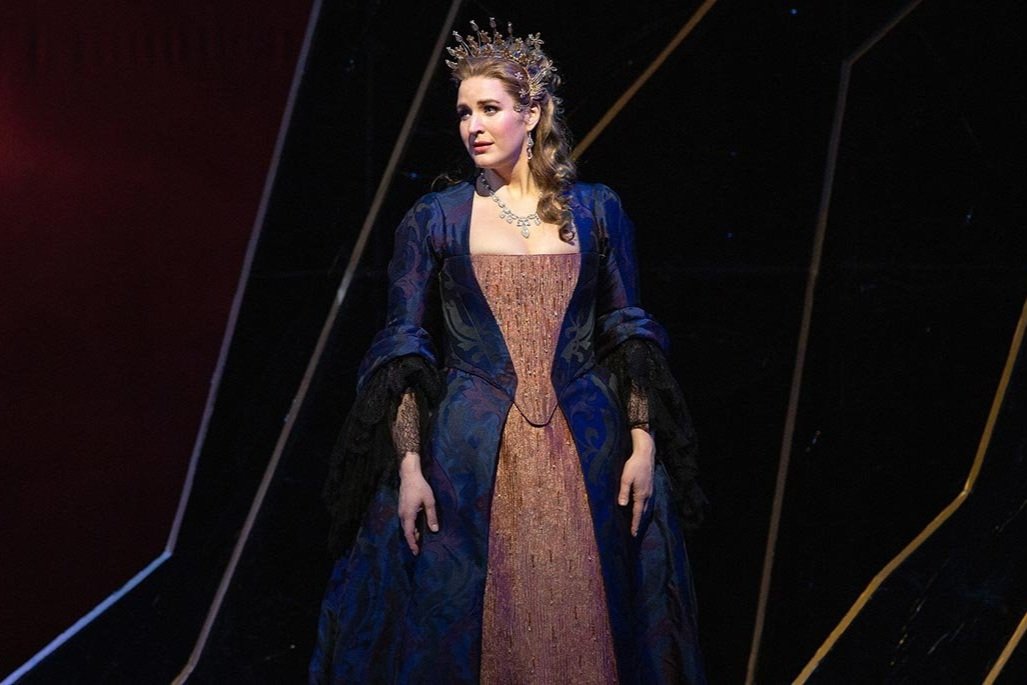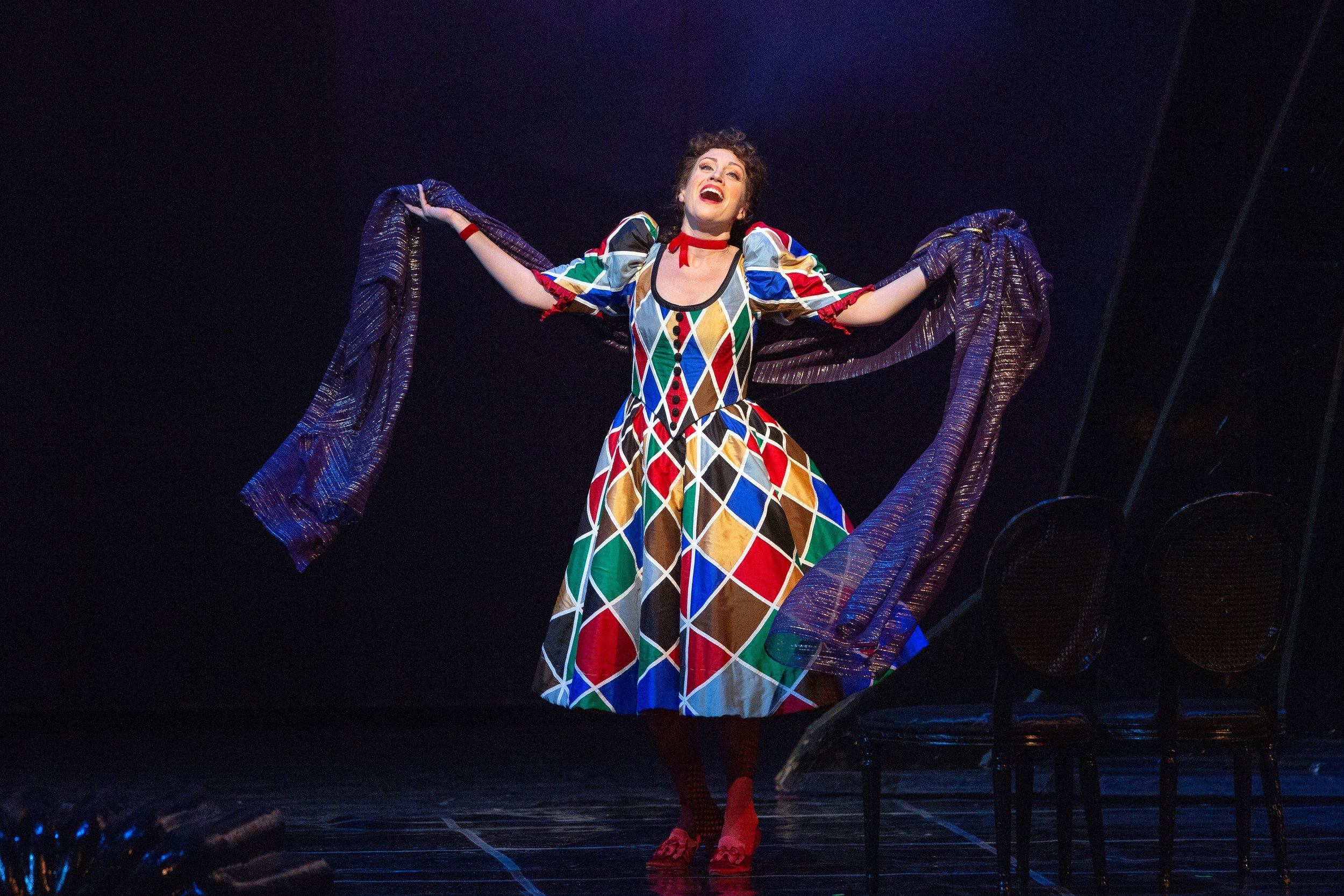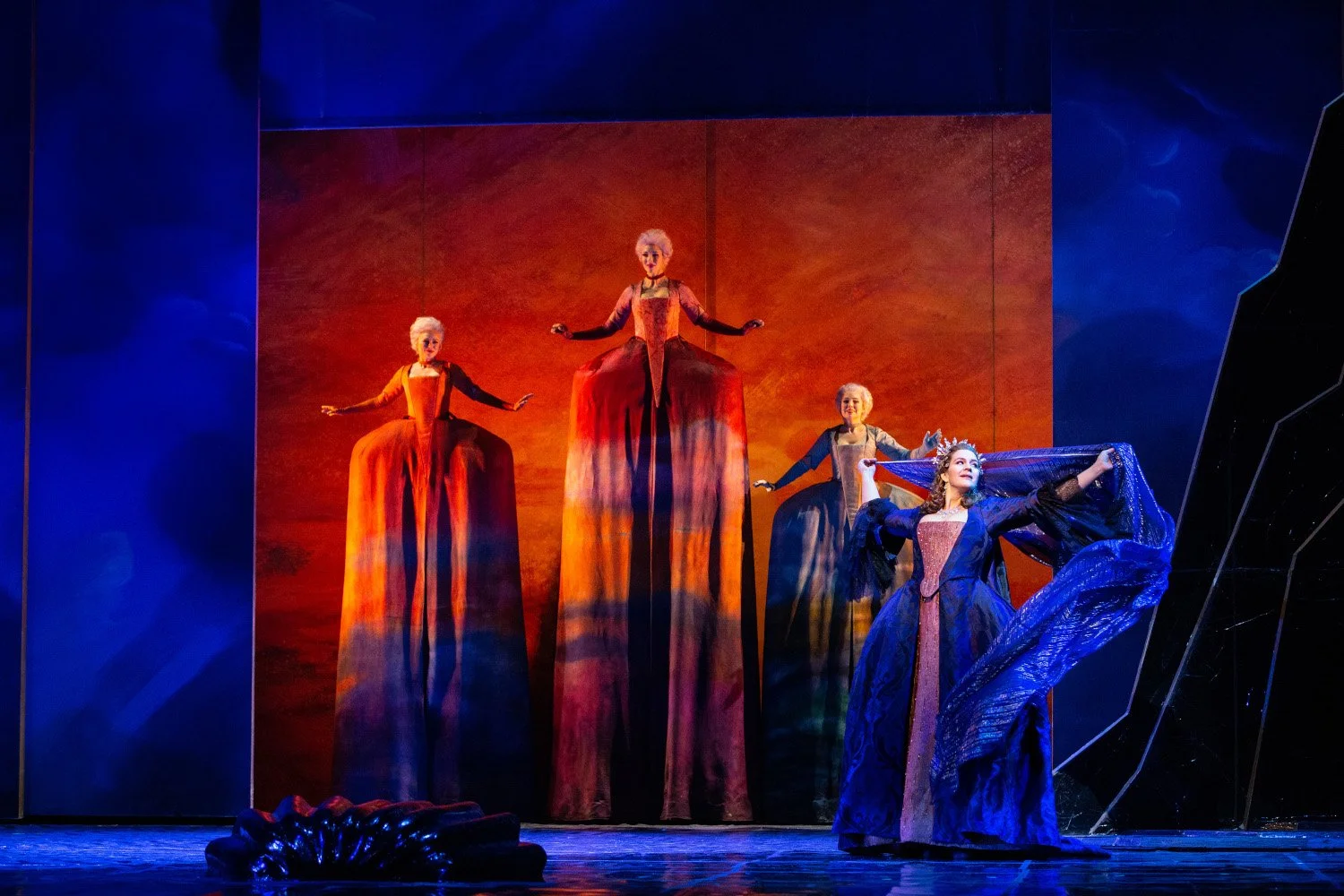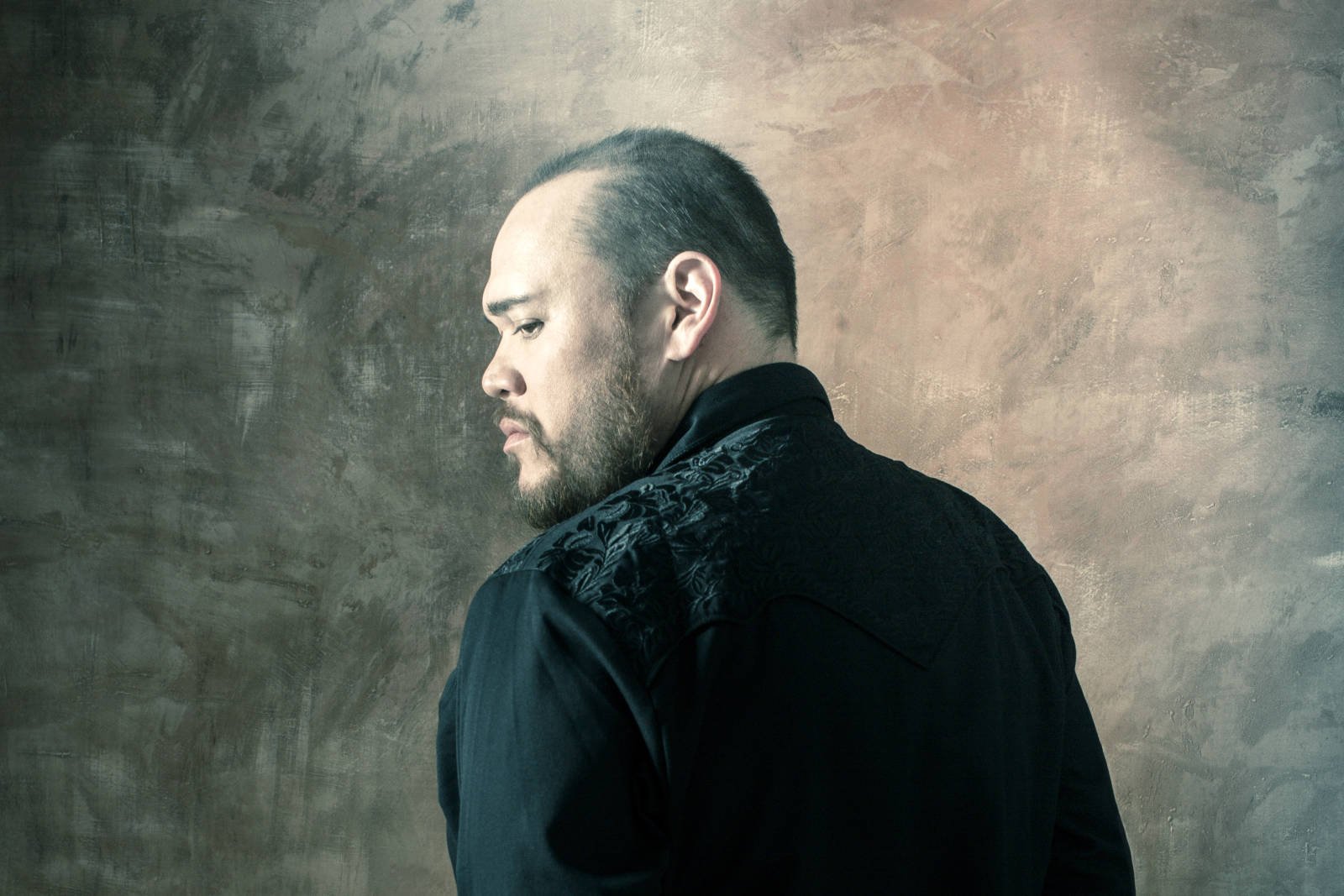My Night at the Opera: Ariadne auf Naxos
Lise Davidsen in Ariadne auf Naxos (Marty Sohl/Met Opera)
Richard Strauss’s opera-within-an-opera, Ariadne auf Naxos, starring Lise Davidsen in the title role, was my first in-person performance since the pandemic changed our world in winter of 2019. It was the perfect re-introduction to the joys of live opera. As it’s been over a year (the date was March 17, 2022) and my memories aren’t too fresh, I’ve copied most of my breathless post-performance diary entry (in italics).
Right before the curtain rose, the general manager of the Met, Peter Gelb, came out on the stage to announce a cast change. I couldn’t hear WHO Peter Gelb said was being replaced, so of course I PANICKED and stayed that way until Olivia [Vote] went on the stage instead of Isabel [Leonard, as the Composer]. I was terrified that Lise had canceled. Thank God, she hadn’t.
Lise appeared in the Prologue, but didn’t make her full impact until Act 2. When she arrived, though, she ARRIVED.
OH. MY. GOD.
Lise Davidsen in Ariadne auf Naxos (Marty Sohl/Met Opera)
When people say “powerhouse soprano,” they mean her. Her voice is pure power and beauty. She is the QUEEN. A recording can’t begin to do her justice. She cannot be contained.
Sensational.
Spectacular.
Otherworldly.
And if you think I’m exaggerating, you haven’t heard her.
When she let loose with one of her high notes, they vibrated in every particle of the air and stapled me to my red upholstered seat. Sometimes I turned and caught my mother’s eye, and we shook our heads together, in shock. I’ve never heard anyone fill the house like Lise does before — I’ve never heard anyone like her before, and doubt I ever will again.
STAGE DOOR
And I met her! She was just how I thought she would be: sweet and humble. I was completely starstruck. I stood before Lise [in] total awe — and I couldn’t think of anything to say. Because no words I could say could capture her magnitude.
I’ve met my share of opera stars, and I’ve only been starstruck a few times. (Once was when I met Elīna Garanča after Samson et Dalila — my mother thought I was going to faint.) But I had just heard Lise’s voice soar for the first time, and after the gift she had just given us, what could I possibly say? What did I end up with? “Wonderful.” Pathetic.
I gave her the flowers with a curtsy. What else could I have done?? Yellow tulips, by the way.
Brenda Rae in Ariadne auf Naxos (Marty Sohl/Met Opera)
We met Brenda Rae too! She was really lovely and sweet. She did a great job.
Brenda nailed Zerbinetta’s 11-minute-long, coloratura fireworks-filled monologue, “Großmächtige Prinzessin.” I found out a day later that a heckler shouted “You have no technique” at her during the aria. Besides being disgusting, it was ridiculous and false. (The goon has been permanently banned from the Met. Good.)
I asked her whether she thought Zerbinetta is more the coquette she plays or the person she describes to the Composer. She said the latter.
I saw Tamara Mumford too! So nice to see her again. She was so good, so rich and resonant. Why is she still in these little roles??? Maureen McKay was Echo (in blue). Tamara was Dryad - the tallest.
From left: Deanna Breiwick, Tamara Mumford, Maureen McKay, and Lise Davidsen in Ariadne auf Naxos (Marty Sohl/Met Opera)
It’s true, Tamara was wonderful when I first heard her back in 2017, but she’s refined her craft even further since. She sang the Pilgrim (the 3rd lead) in Kaija Saariaho’s L’Amour de Loin at the Met some years ago — give her more roles like that!
Nightmare scenario happened — Tamara came out — THEN Lise — and then Adam Plachetka!! Adam was singing Garibaldo in Handel’s Rodelinda, and it’s not unusual to see singers from another opera at the stage door. I said hi to Adam — didn’t even get to say bye to Tamara — because Lise [was] there! Full attention! I hate when multiple singers come out at once.
I bet a deaf mouse on Fifth Street could have heard The Great Lise.
It was so good to be back.







